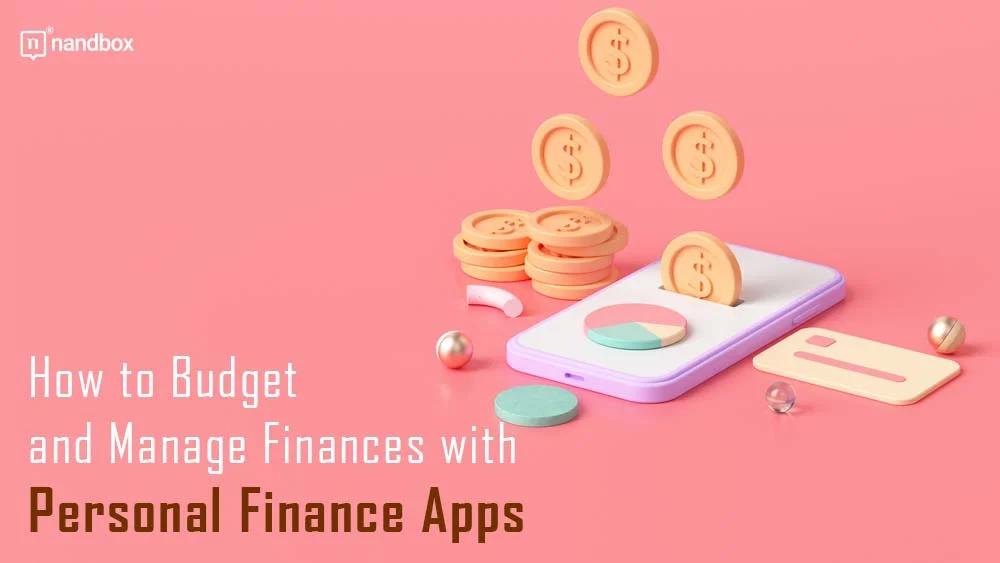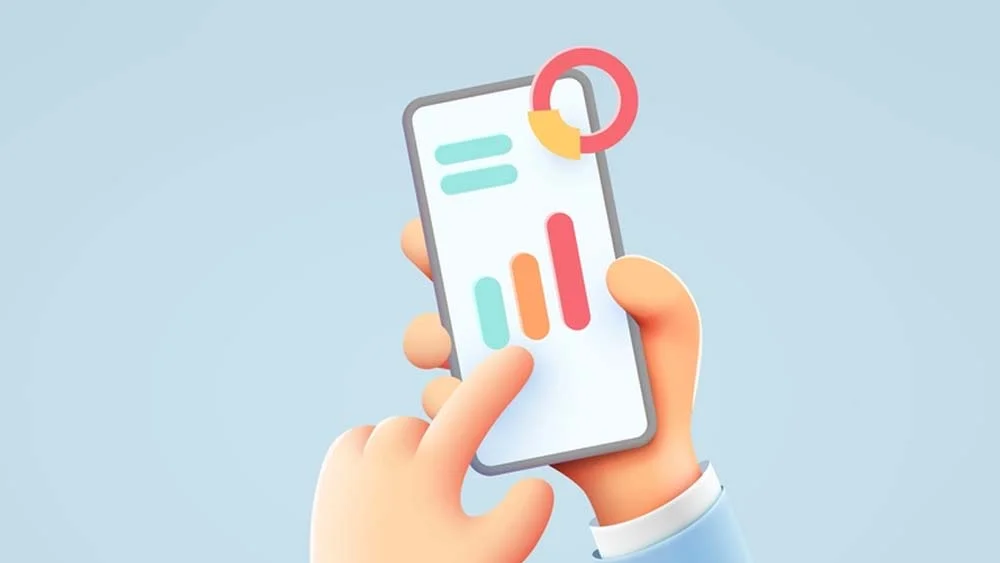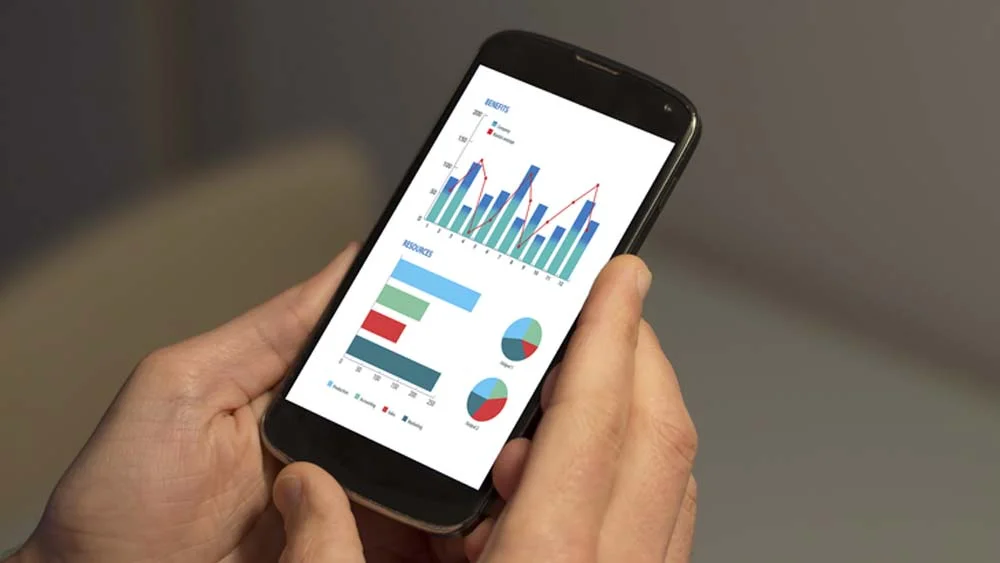Using Apps To Master Personal Finance Management
Money management is a crucial skill for students. Balancing expenses like textbooks, rent, and social activities can be challenging. Fortunately, personal finance apps can make this task easier. These apps simplify budgeting, offering insights into your spending and savings. By using them, you can take control of your finances, plan for upcoming expenses, and work towards your financial goals. Let’s explore how to manage a budget and finances using personal finance apps.
Understanding the Basics of Personal Finance
Personal finance isn’t just about saving money; it’s about smart management. The basics include understanding your income, tracking your expenses, and planning for both short-term and long-term needs. As a student, this might mean balancing your part-time job earnings with your daily living costs and academic expenses.
Utilizing an Essayrewriter.ai can free up some time for you, allowing you to focus more on planning your budget. Remember, a good budget should reflect your priorities, helping you to allocate funds wisely while also saving for future goals. It’s about making your money work for you, not the other way around.
Choosing the Right Personal Finance App
Choosing the right personal finance app is crucial. Look for an app with a user-friendly interface that makes navigating your finances feel intuitive and stress-free. Effective expense tracking is key; the app should easily categorize your spending, helping you see where your money goes. Robust budgeting tools are essential for setting spending limits and tracking your progress towards financial goals.
Don’t overlook security; ensure the app has strong protection measures to keep your financial information safe. With these features, the right app can transform how you manage your money, making the process efficient and even enjoyable.
How to Manage Budget and Finances: Setting Up Your Budget
Setting up your budget in a finance app is like mapping out a plan for your money. Start by categorizing your expenses: think of things like food, rent, textbooks, and leisure. Then, set spending limits for each category based on your income; this keeps your spending in check.
Don’t forget to plan for savings, even if it’s a small amount each month. This way, you’re not just tracking where your money goes, but also actively steering it towards your goals. It’s about finding that balance between your needs, wants, and future savings.
Tracking and Categorizing Expenses
Tracking and categorizing your expenses is like keeping a diary of your spending. Every time you spend, log it in your app. Categorize each expense, like ‘food’, ‘transport’, or ‘entertainment’. This helps you see patterns in your spending.
Being consistent is key. Make it a habit to record expenses right away. This way, you won’t forget or miss anything. Over time, this habit gives you a clear picture of where your money is going, helping you make smarter financial decisions. Remember, it’s the small, everyday expenses that often add up, so keeping track of them is crucial.
How to Manage Budget and Finances: Analyzing Spending Patterns
Analyzing your spending patterns is like being a detective on your own financial trail. With your expenses neatly categorized, most apps will offer charts or graphs showing your spending over time. Look for trends: maybe you’re spending more on eating out than you realized, or your transportation costs are higher some weeks. This visual breakdown makes it easier to spot where you can cut back.
Perhaps you could cook more at home or find a cheaper travel option. By regularly reviewing these patterns, you can make small adjustments that add up to significant savings over time. It’s all about spotting and tweaking those habits.
Setting Financial Goals and Saving
Financial goals are like signposts on your journey to financial security. Start by defining short-term goals, such as saving for a new laptop, and long-term goals, like a post-graduation trip. Personal finance apps are your allies in this journey, allowing you to create these goal categories and allocate a portion of your income towards them.
Tracking your progress is motivating. Regularly check how close you are to reaching your goals. This can inspire you to adhere to your budget and possibly find extra ways to save. Remember, even small contributions bring you closer to your dreams, transforming saving from a chore into an exciting countdown.
Dealing with Unexpected Expenses
Life as a student is full of surprises, including unexpected expenses. When these pop up, it’s important to adjust your budget without derailing your financial goals. One strategy is to have an emergency fund, a savings buffer that you can dip into when needed. Start small and build this fund over time.
If your schedule is packed and unexpected costs arise, consider using the best paper writing service to handle some of your academic tasks. This can free up time for you to focus on adjusting your budget and managing these unforeseen expenses. Balancing your academic and financial responsibilities is key to staying on track.
Integrating with Other Financial Tools
Integrating your personal finance app with other financial tools can streamline your money management. Many apps allow you to link your bank accounts and online payment systems. This integration provides a comprehensive view of your finances in one place.
Transactions from your bank account can automatically update in the app, giving you real-time insights into your spending and saving. Additionally, linking to online payment systems can help track digital transactions more accurately. This interconnected approach simplifies budget tracking and ensures all your financial information is up-to-date, making managing your money easier and more efficient.
Conclusion
In conclusion, managing finances as a student is a vital skill. Personal finance apps offer valuable assistance in tracking expenses, identifying spending patterns, setting and achieving financial objectives, and handling unexpected costs. When these apps are integrated with other financial tools, they provide a comprehensive view of your financial situation. Embracing personal finance apps as part of your daily routine empowers you to seize control of your financial future, make informed choices, and work towards long-term financial stability and success. Each small step in better financial management is a stride towards a more secure future.





